The senators allege that the meat processors increased prices for U.S. consumers and lobbied President Trump to designate the meat-packaging industry as “critical infrastructure”—while exporting vast quantities of product to China. They also say that the decision to continue operation put the companies’ workers in harms way as meat processing staff fell ill with the CCP virus.
According to Warren and Booker, “This pattern of behavior raises questions about whether you are living up to your commitments to the workers who produce your pork and beef; the communities in which you operate, and the nation’s consumers that rely on your products to feed their families.”
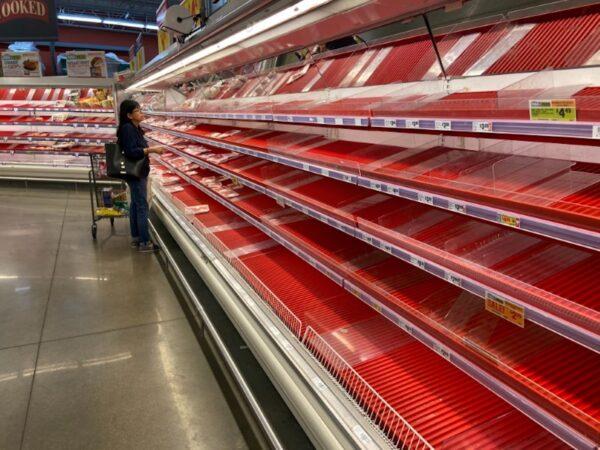
Critical Infrastructure
President Donald Trump issued an executive order on April 28 which stated that it was important that “processors of beef, pork, and poultry (’meat and poultry') in the food supply chain continue operating and fulfilling orders to ensure a continued supply of protein for Americans.”According to the order, the closure of plants due to workers contracting the CCP virus would “threaten the continued functioning of the national meat and poultry supply chain, undermining critical infrastructure during the national emergency.”
Now, however, senators Warren and Booker have written to the four meat processing companies involved to ask how many of their workers in each plant had contracted the disease, how many had been hospitalized, and how many had died, asserting that the companies had not implemented adequate social distancing measures and had subjected workers to a “work while sick” culture.
Tyson Letter
Tyson Foods had published a full-page ad in the Sunday editions of The Washington Post, The New York Times, and a regional newspaper in Arkansas on April 26, just 2 days before the executive order. In the ad, company chairman John Tyson expressed his gratitude to team members and stated that “most of all,” he cared about their health and safety.“The food supply chain is vulnerable,” Tyson wrote. “As pork, beef and chicken plants are being forced to close ... millions of pounds of meat will disappear from the supply chain. As a result, there will be limited supply of our products available in grocery stores.” Tyson Foods had a responsibility to feed the nation and the world, he said.
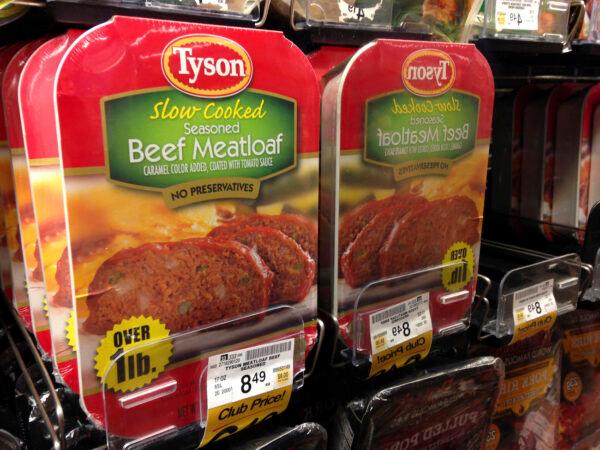
Trump Ban on Exports of PPE
On April 3, President Trump invoked the Defense Production Act (DPA) to prevent U.S. companies from exporting N95 respirators as well as medical supplies and other critical personal protective equipment to ensure that American hospitals and health care facilities were well equipped to combat the CCP virus pandemic.“America is at war against an invisible enemy,” Trump said. “Unfortunately, the outbreak of the virus has led to wartime profiteering by unscrupulous brokers, distributors, and other intermediaries operating in secondary markets.”
Trump said that the ability of such wartime profiteers to purchase supplies of scarce materials and to then export them could lead to price gouging. “This conduct denies our country and our people the materials they need to win the war against the virus,” he said.
In their letter, Warren and Booker questioned meat companies “honesty with the American public about the reasons for higher food prices,” as well as their “commitment to providing a safe, affordable, and abundant food supply for the nation.”
“Food inflation, led by high meat prices, rose at its highest level in nearly a decade, with the beef index experiencing its largest-ever monthly increase of 10.8% in May,” they wrote.
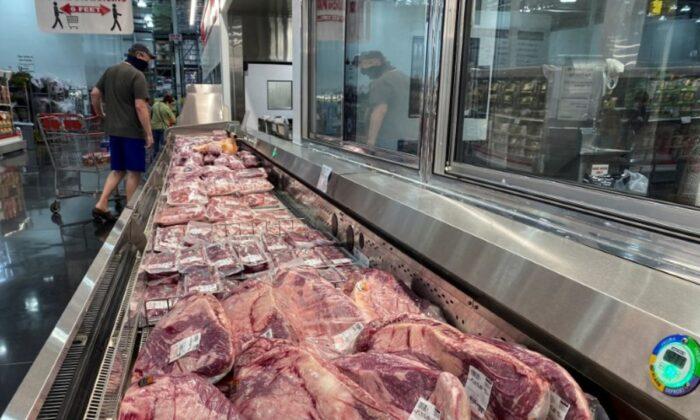

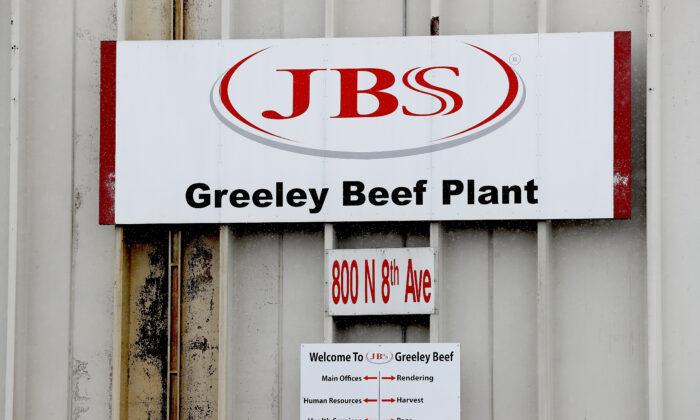

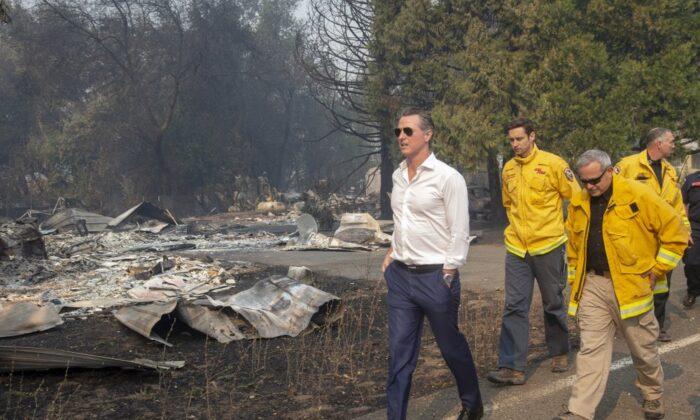
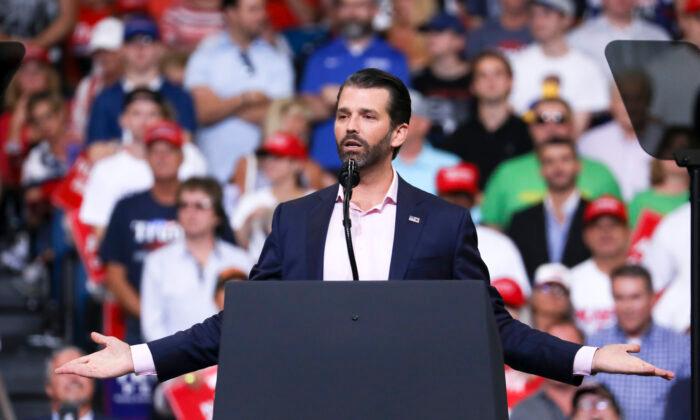
Friends Read Free